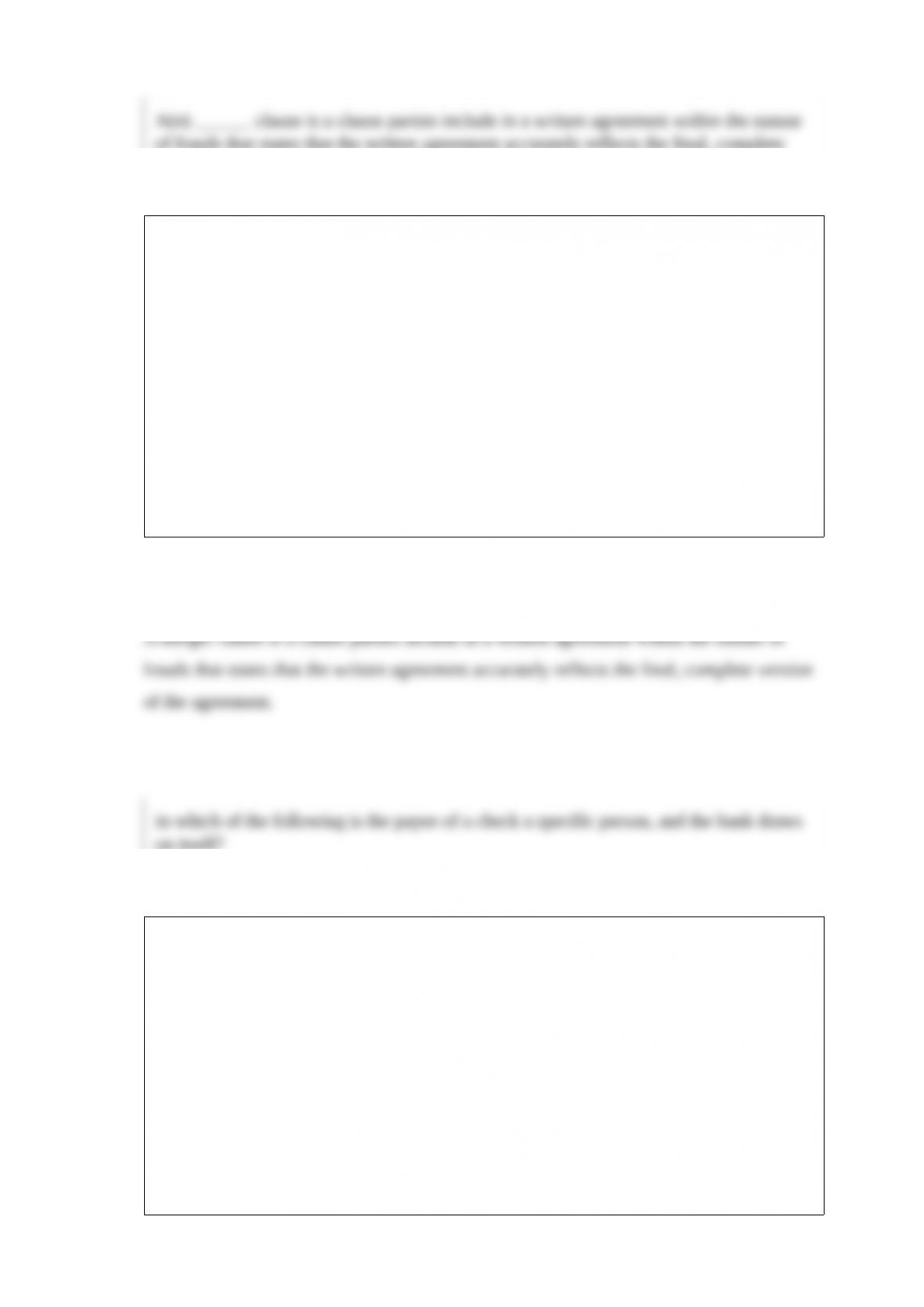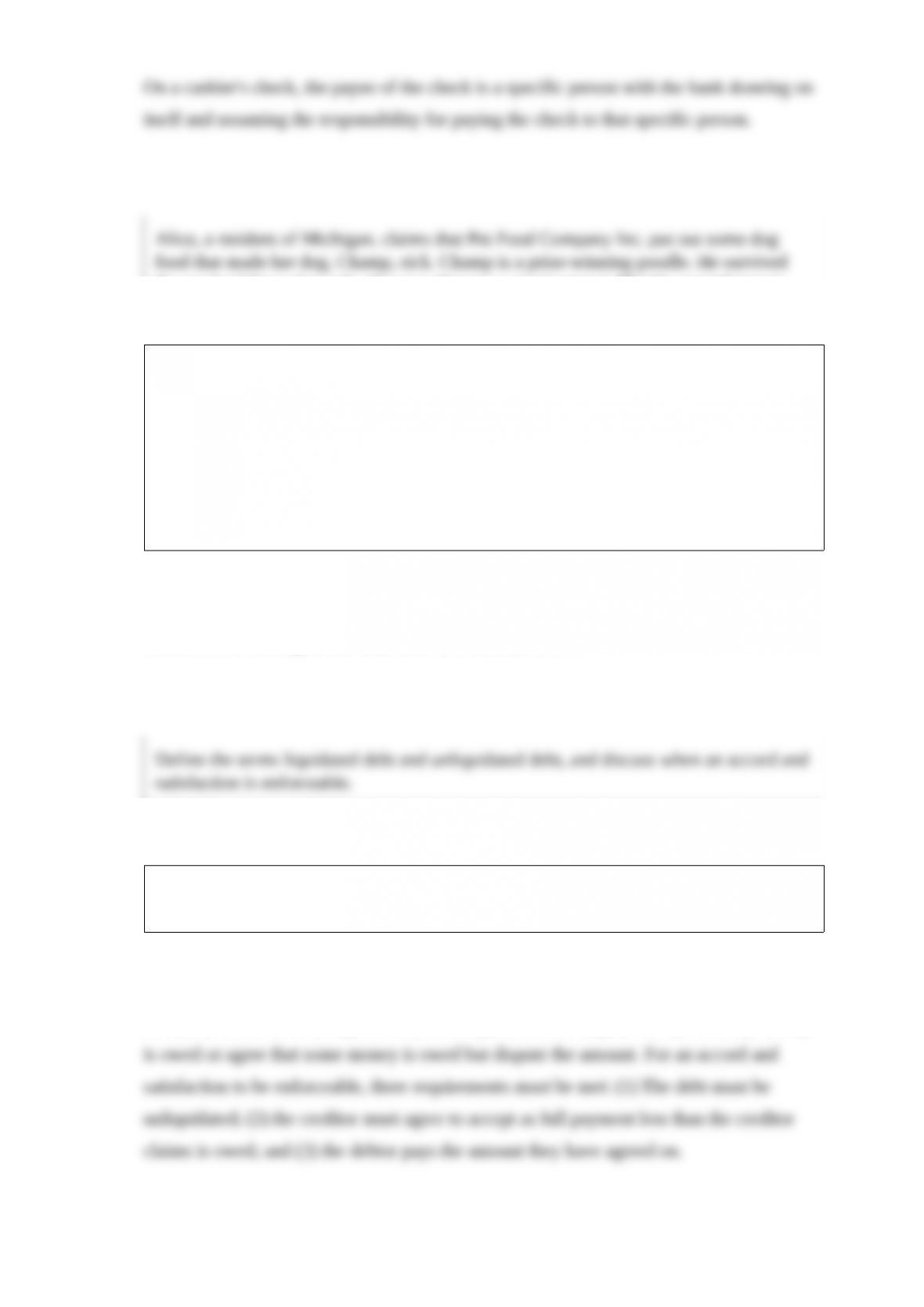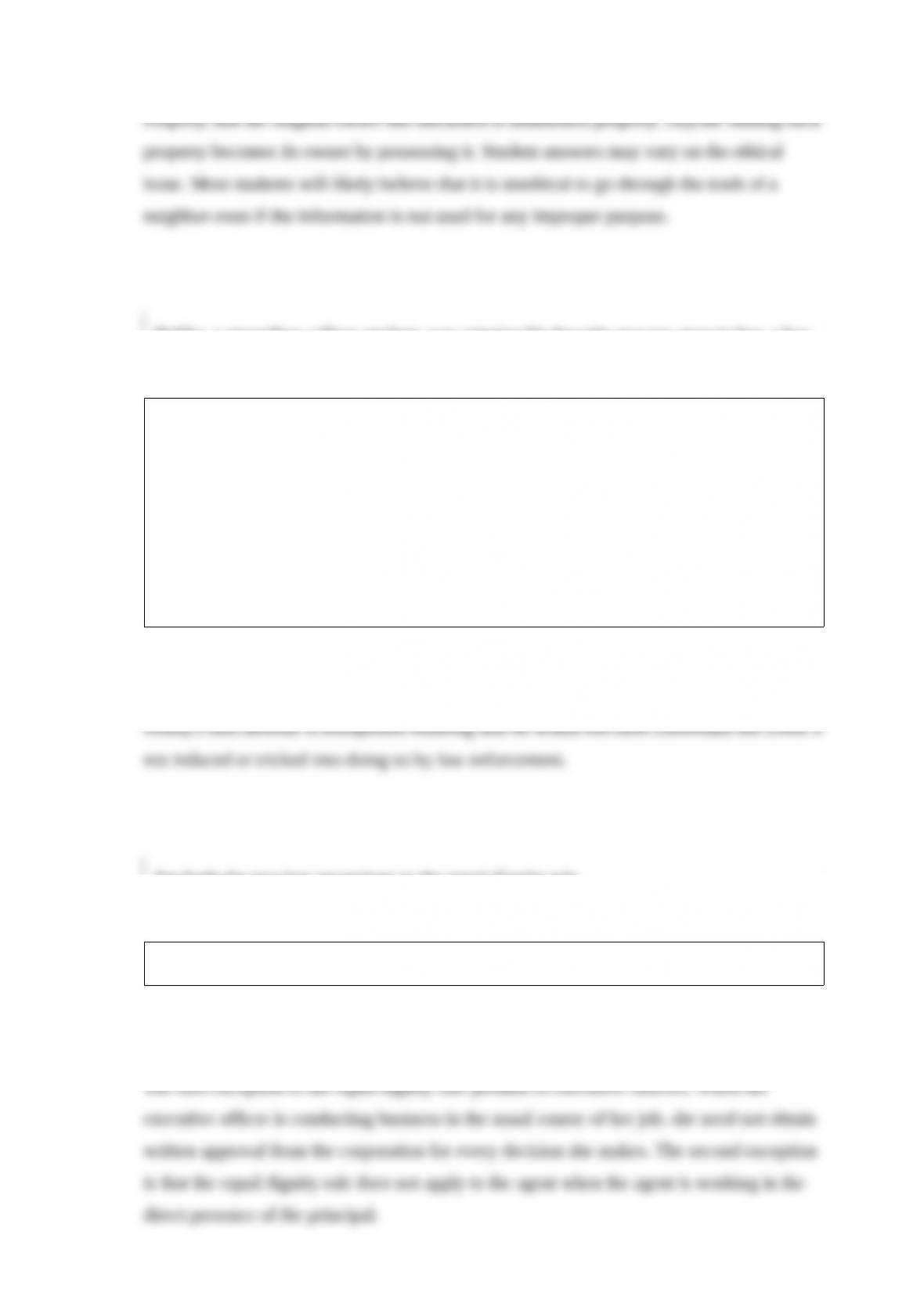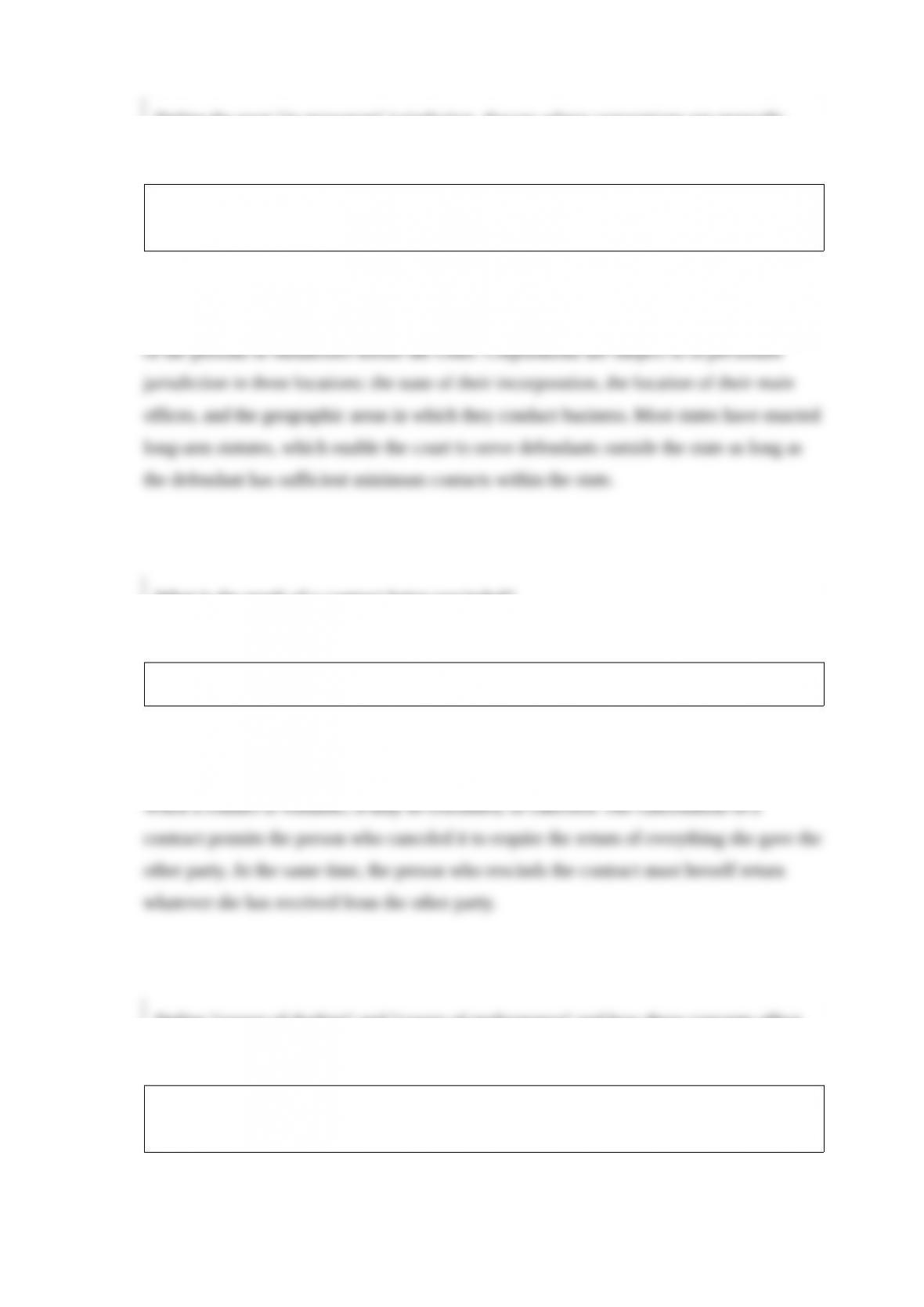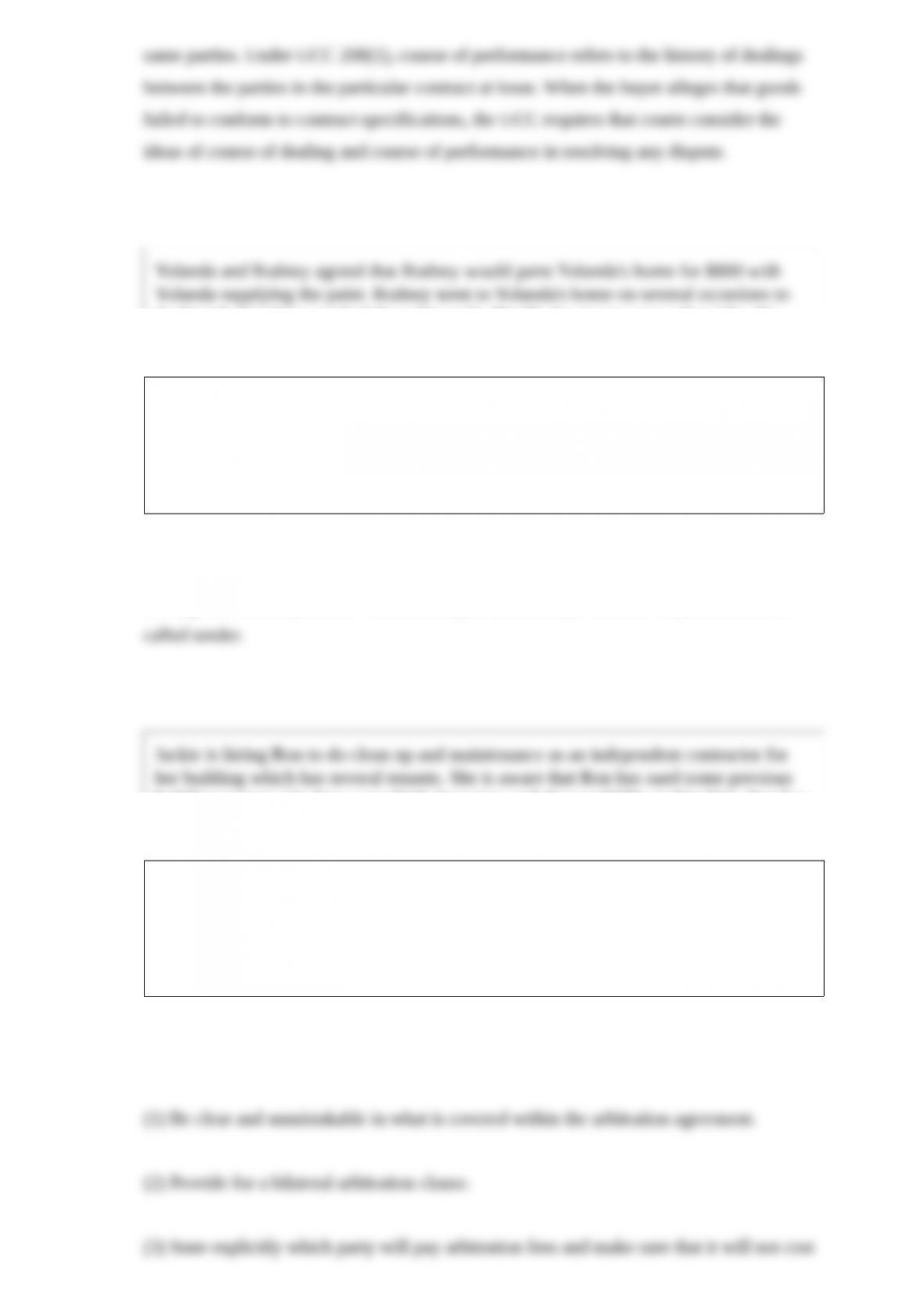Shady lawyer. Brice had a number of ethical issues come up in law school involving
alleged cheating but managed to graduate because nothing was ever proven. Upon
obtaining his law license, Brice enjoyed living "on the edge" and engaged in tactics that
were at least questionable. One of his clients was an older gentleman, Sam, with
significant assets and significant legal issues involving a messy divorce stemming from
his involvement with a local dog groomer, Susie. Brice told Sam that he felt certain that
he could arrange matters so that Sam could live happily in the Caribbean with Susie but
that, in addition to paying a hefty legal fee, Sam would need to name Brice as a
significant beneficiary in his will and give Brice power of attorney over his assets. Sam
agreed to do so and gave Brice power of attorney, and changed his will to reflect that
upon his death, Brice would receive half his estate. The other half went to Susie. Sam
also paid the hefty fee Brice demanded. At that point Brice agreed to proceed with
negotiations in the divorce. Shortly after the divorce, Sam had an unexpected heart
attack and died immediately. Susie, the executor of the will, told Brice that she was
reporting him to the state bar association and that he was not entitled to any sums from
the estate. Brice told Susie that he knew that Susie had failed to pay income tax for all
her dog grooming and that he was reporting her unless she kept her mouth shut and
consented to the terms of the contract. Brice also said that in return for keeping his
mouth shut, he wanted additional sums purportedly for his work on Sam's divorce.
Assuming that Sam had paid all amounts validly due from the divorce proceeding,
which of the following is true regarding Brice's attempt to obtain additional fees?
A. Brice is guilty of duress.
B. Brice is guilty of undue influence.
C. Brice is guilty of duress and undue influence.
D. Brice is guilty of intentional wrongful disclosure.
E. Brice is not guilty of anything so long as he uses no physical force to obtain Susie's
agreement.
Which of the following is a doctrine that allows the plaintiff to recover damages despite





























